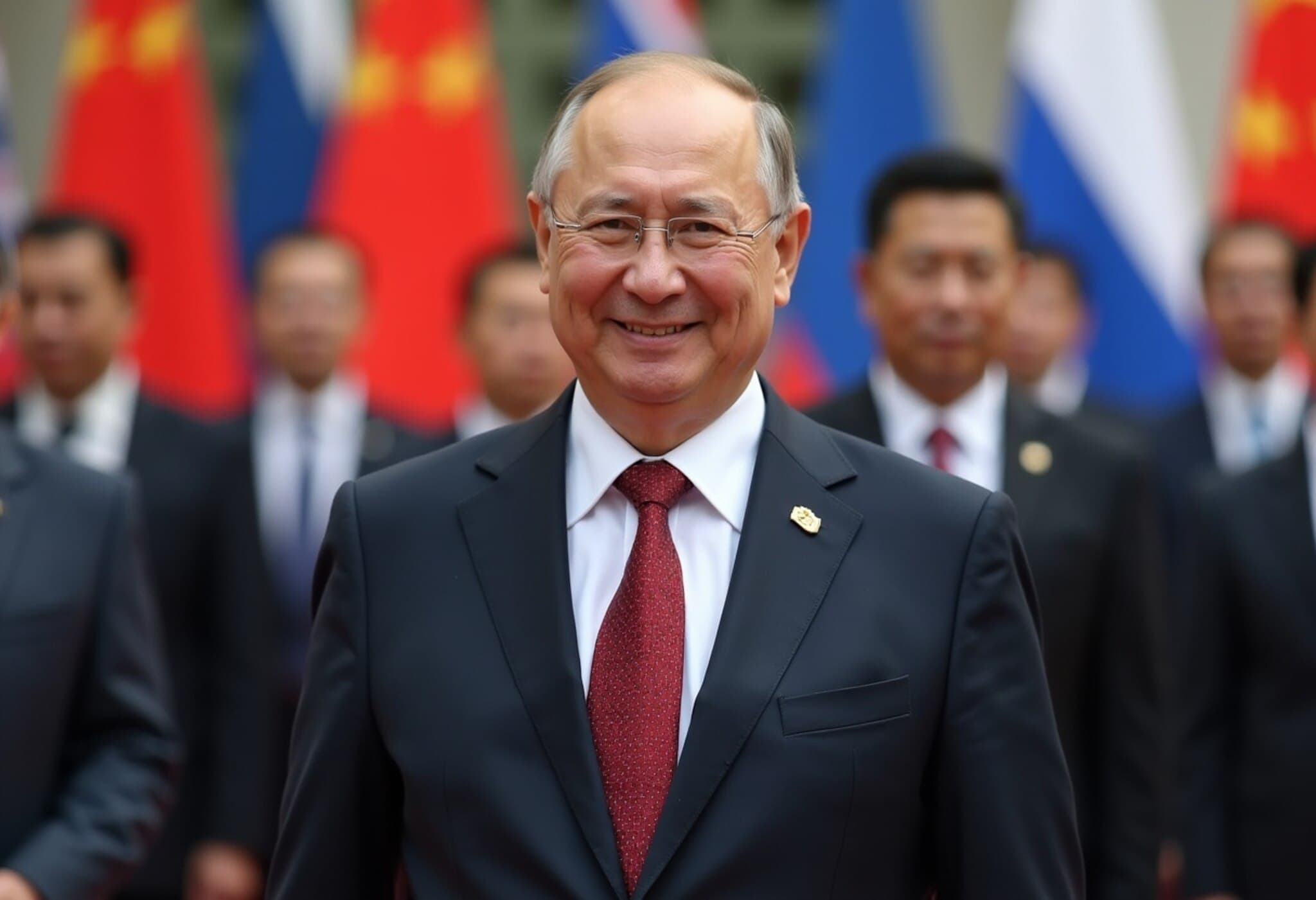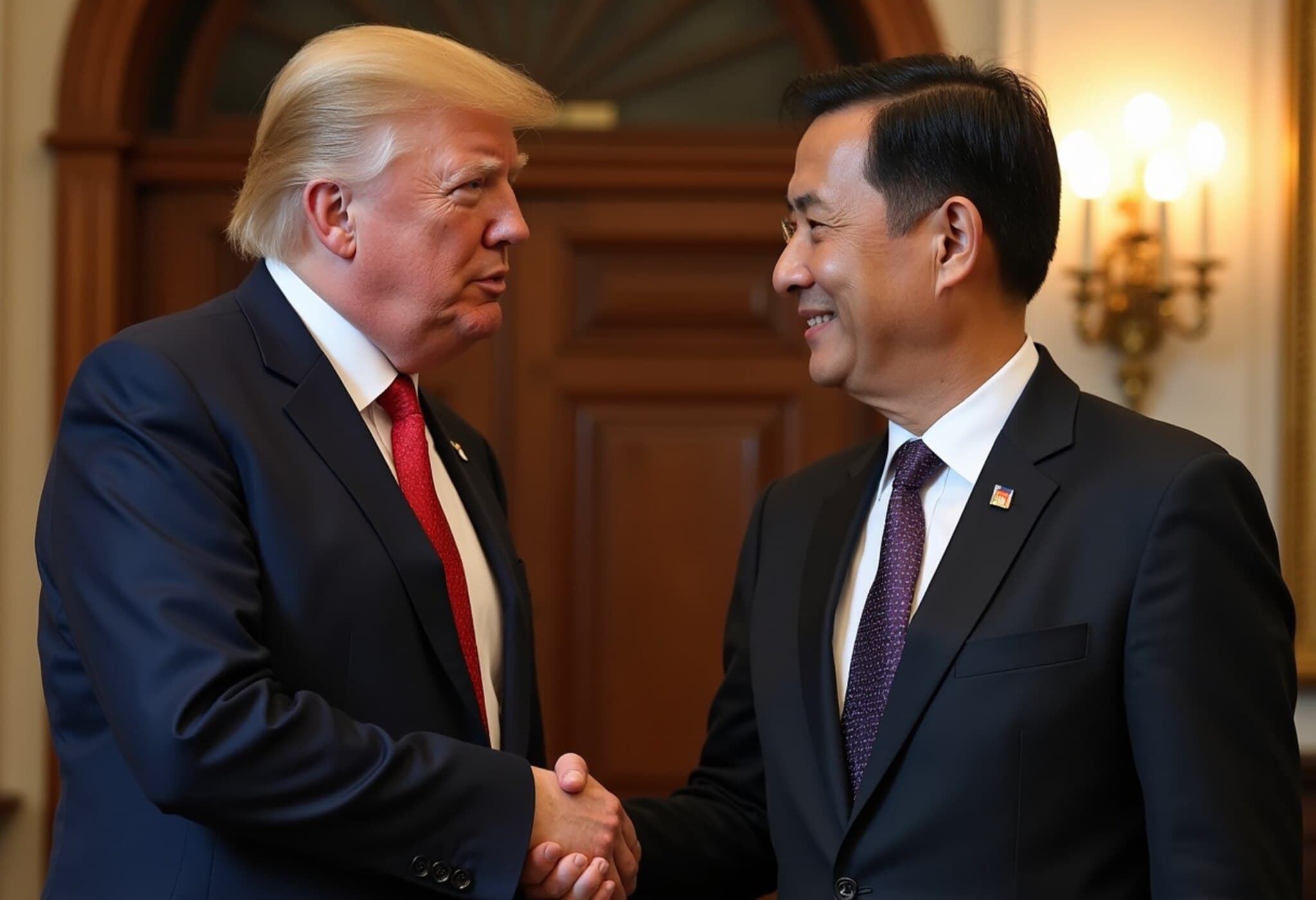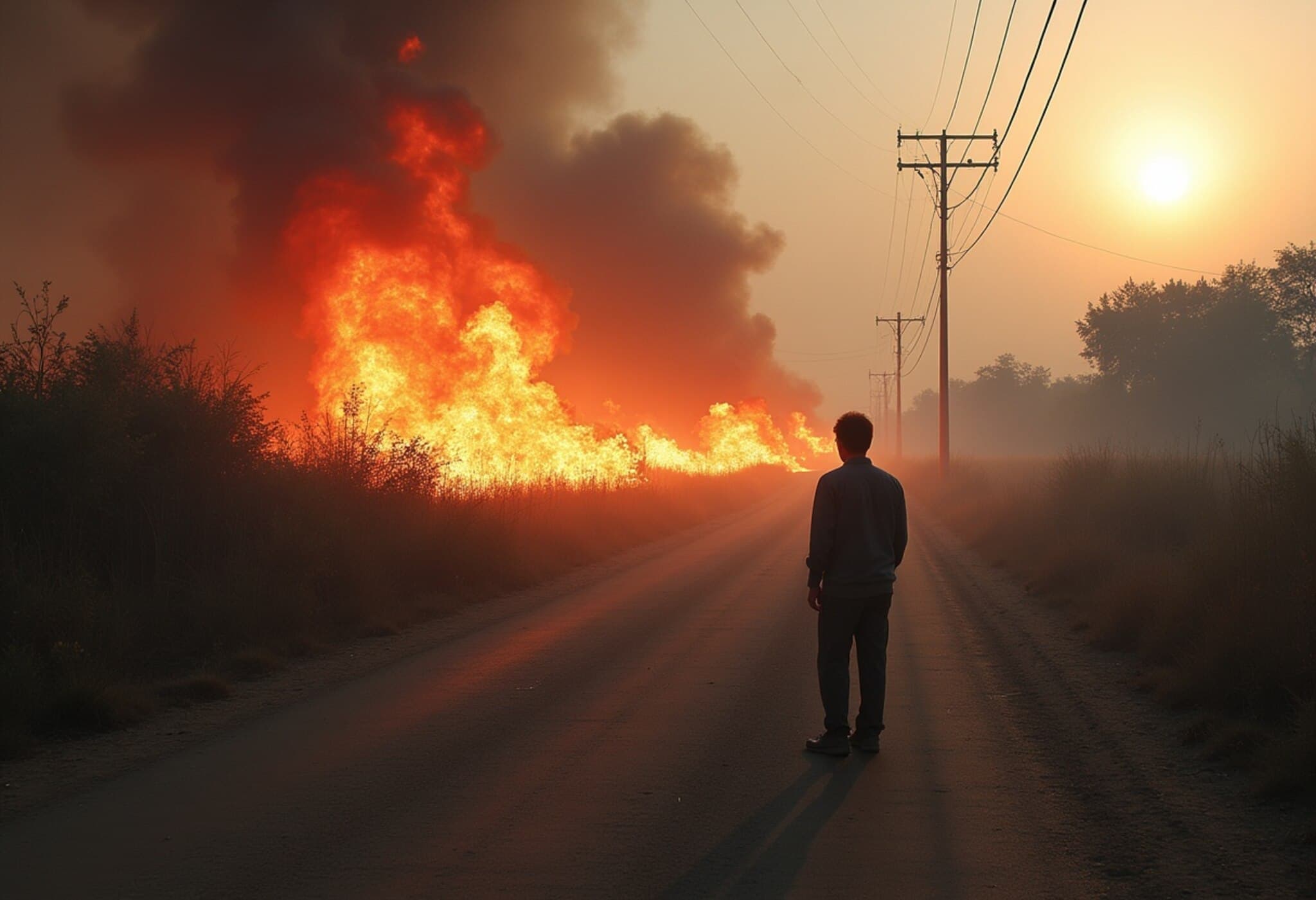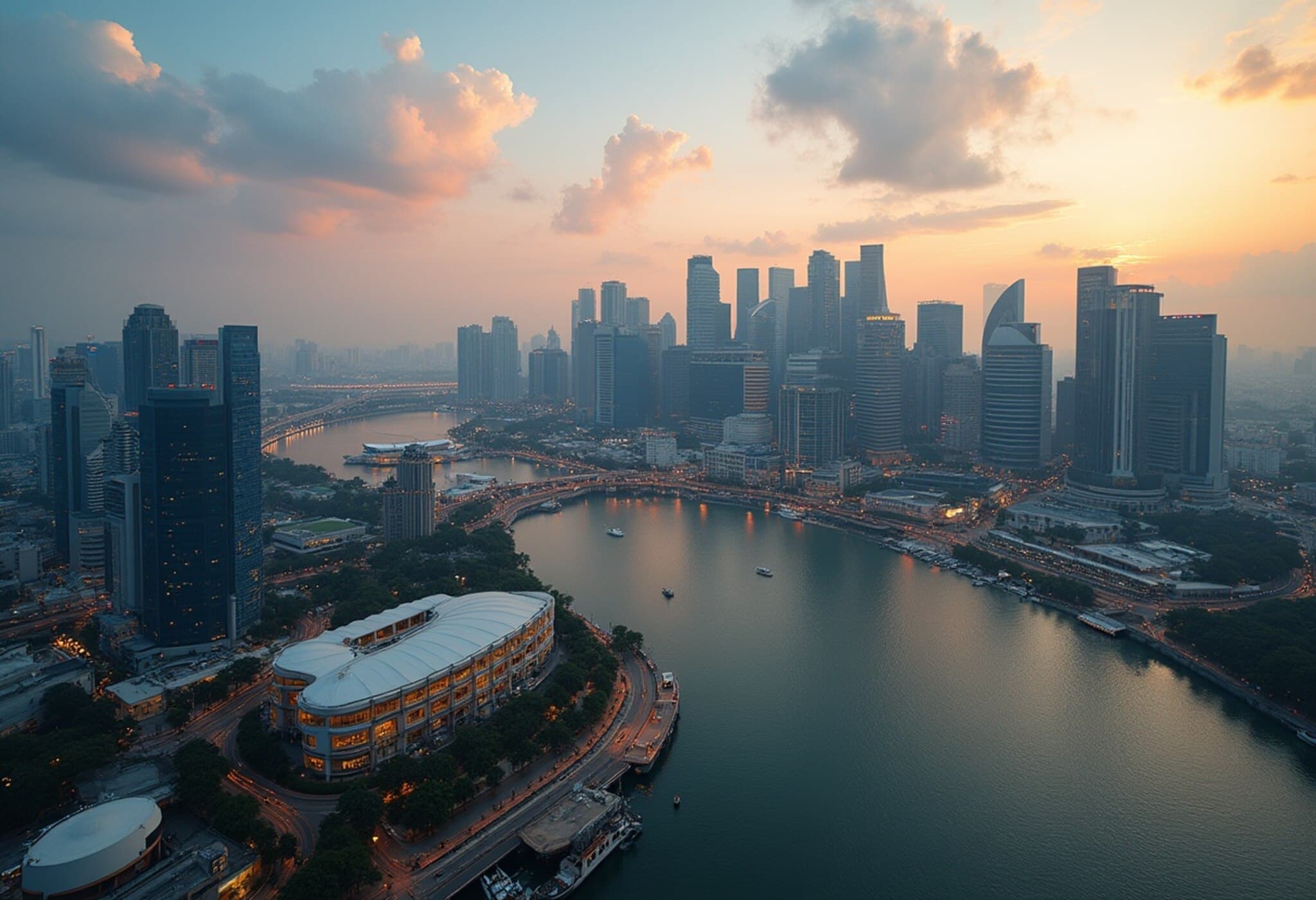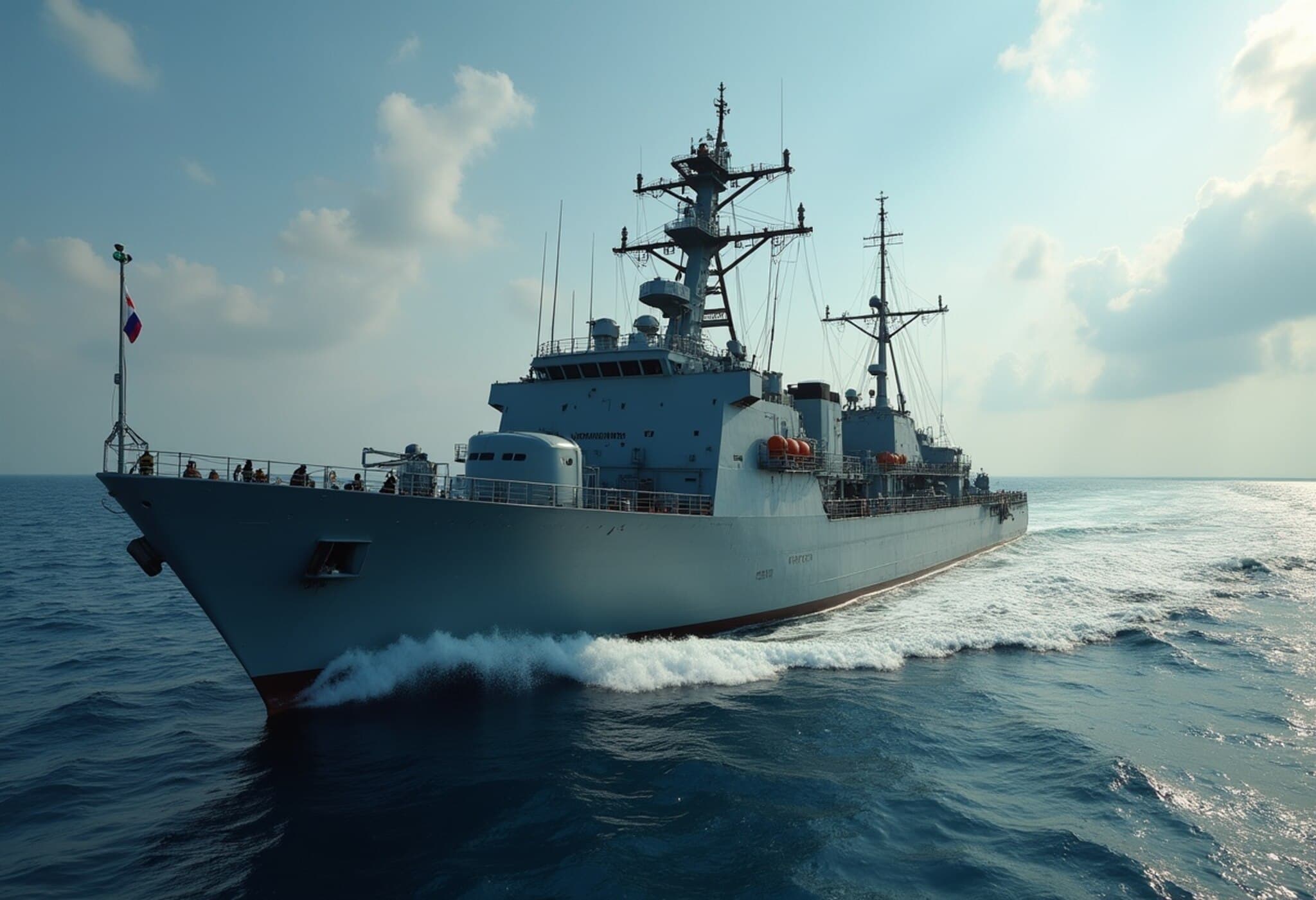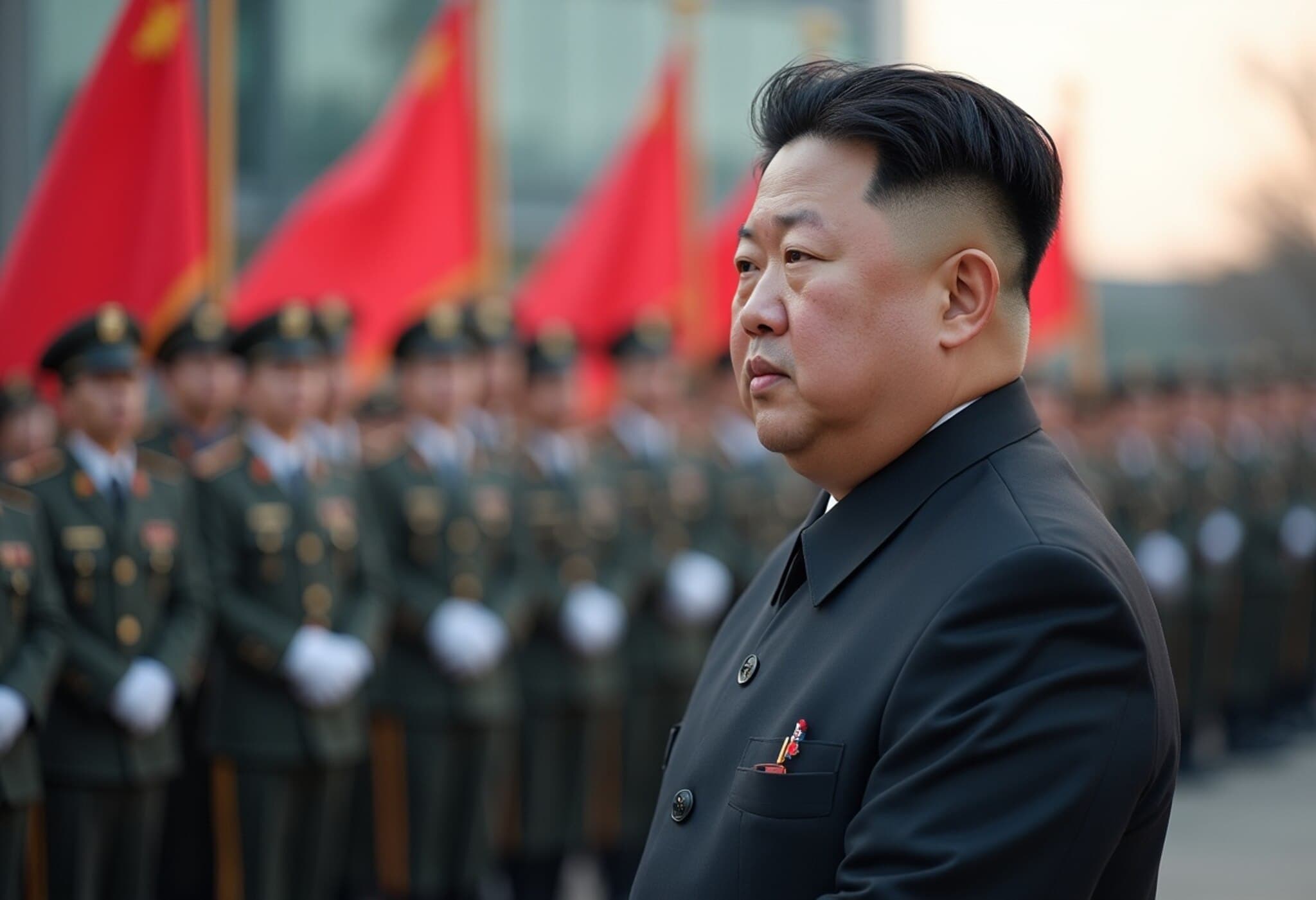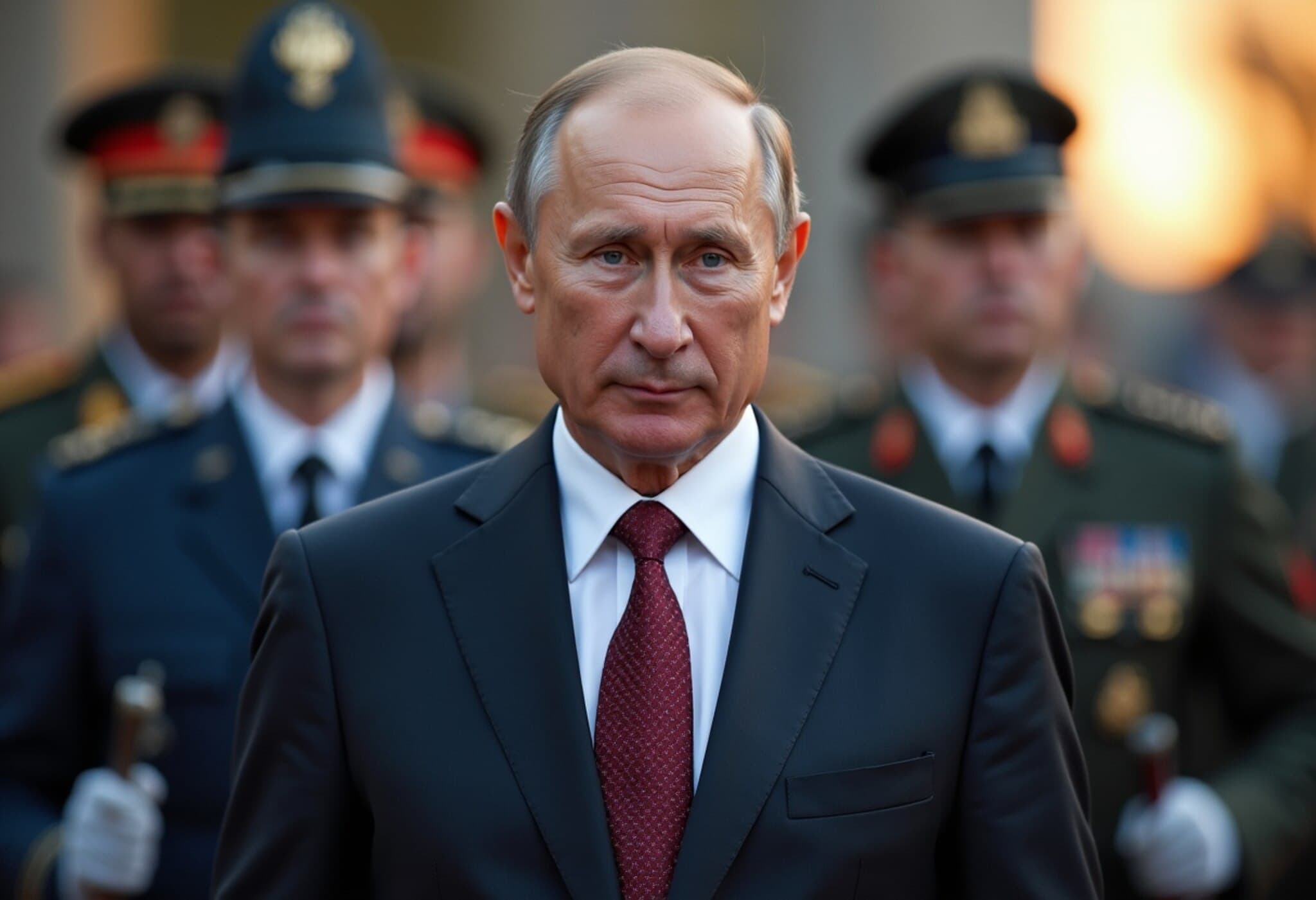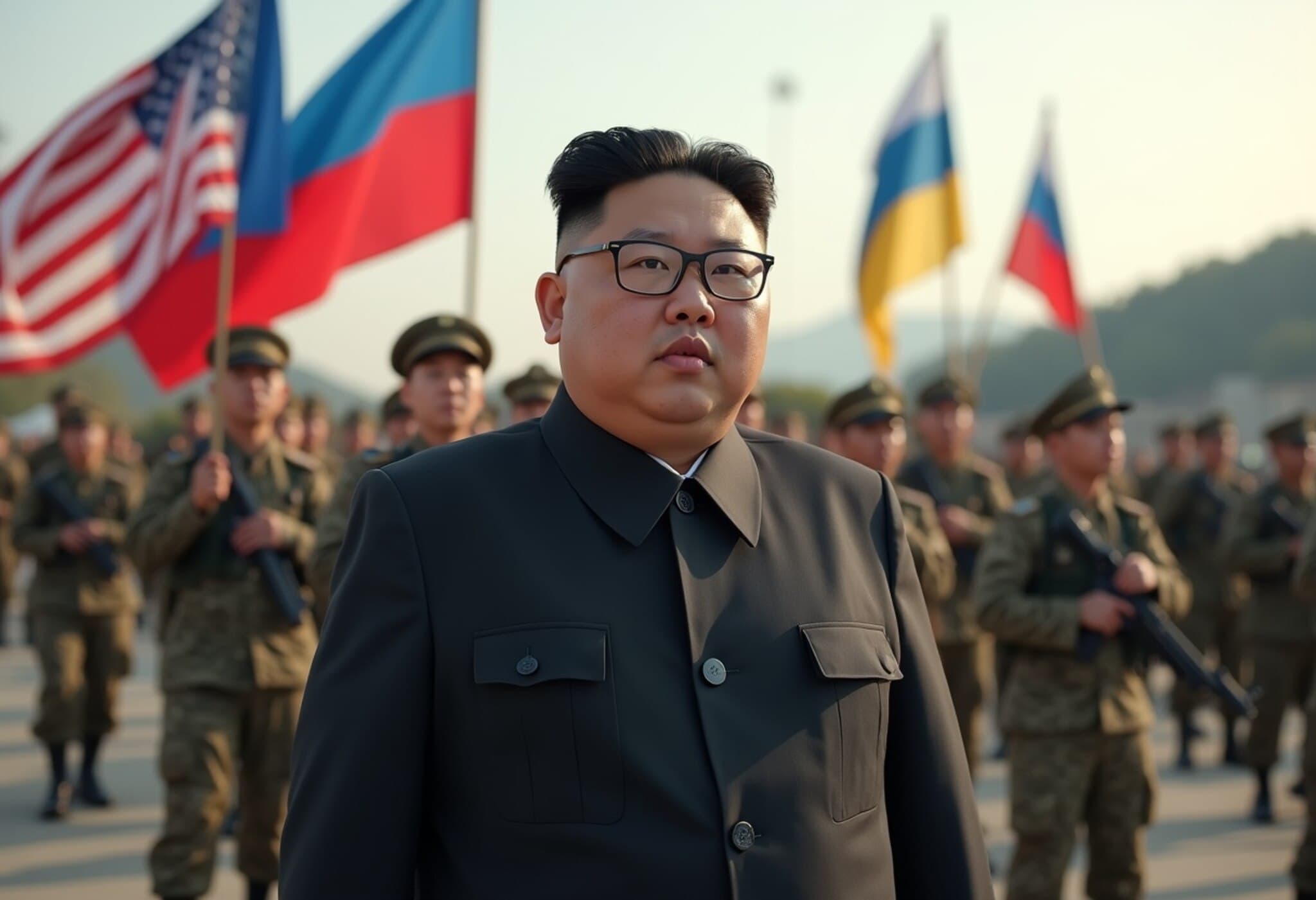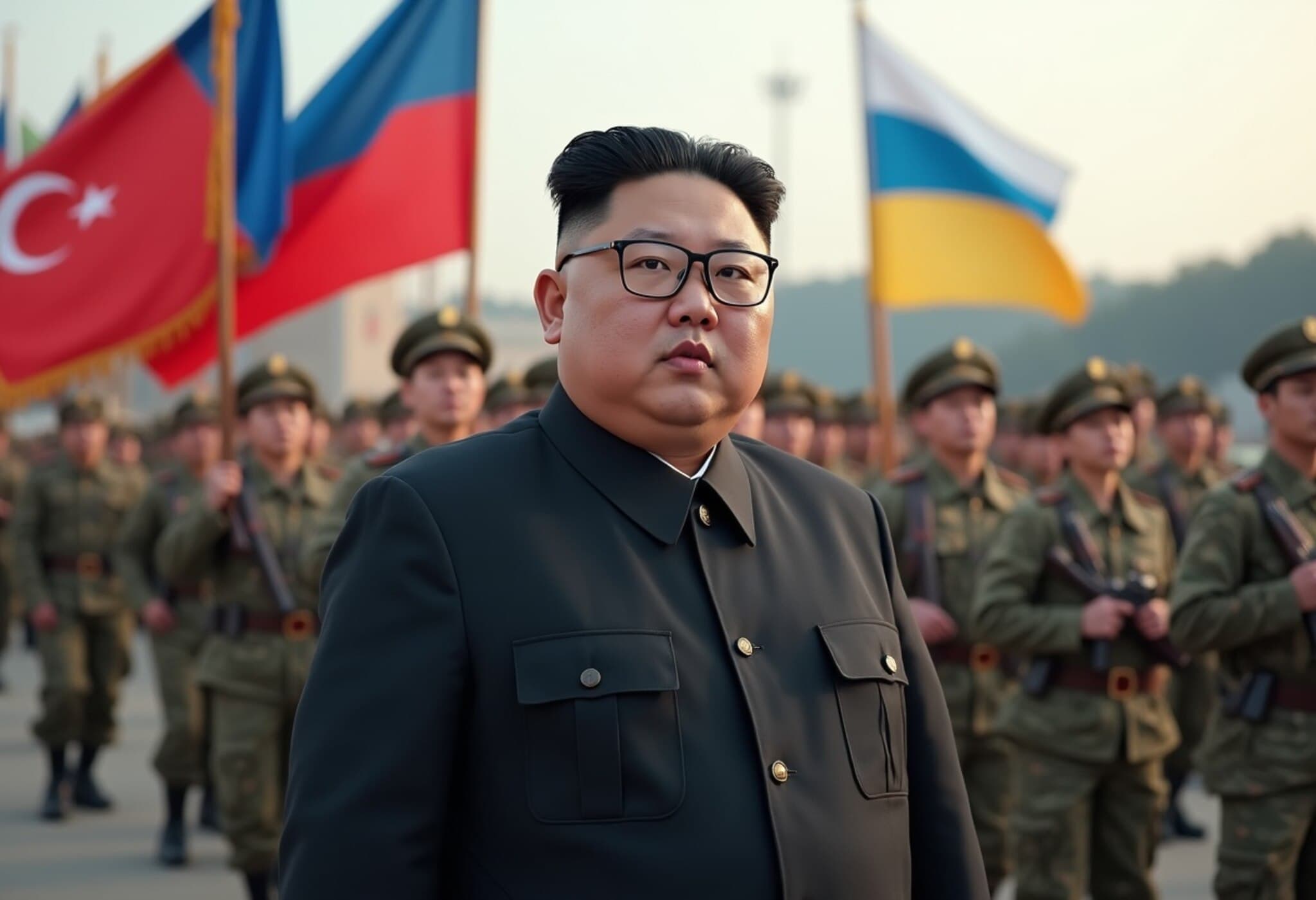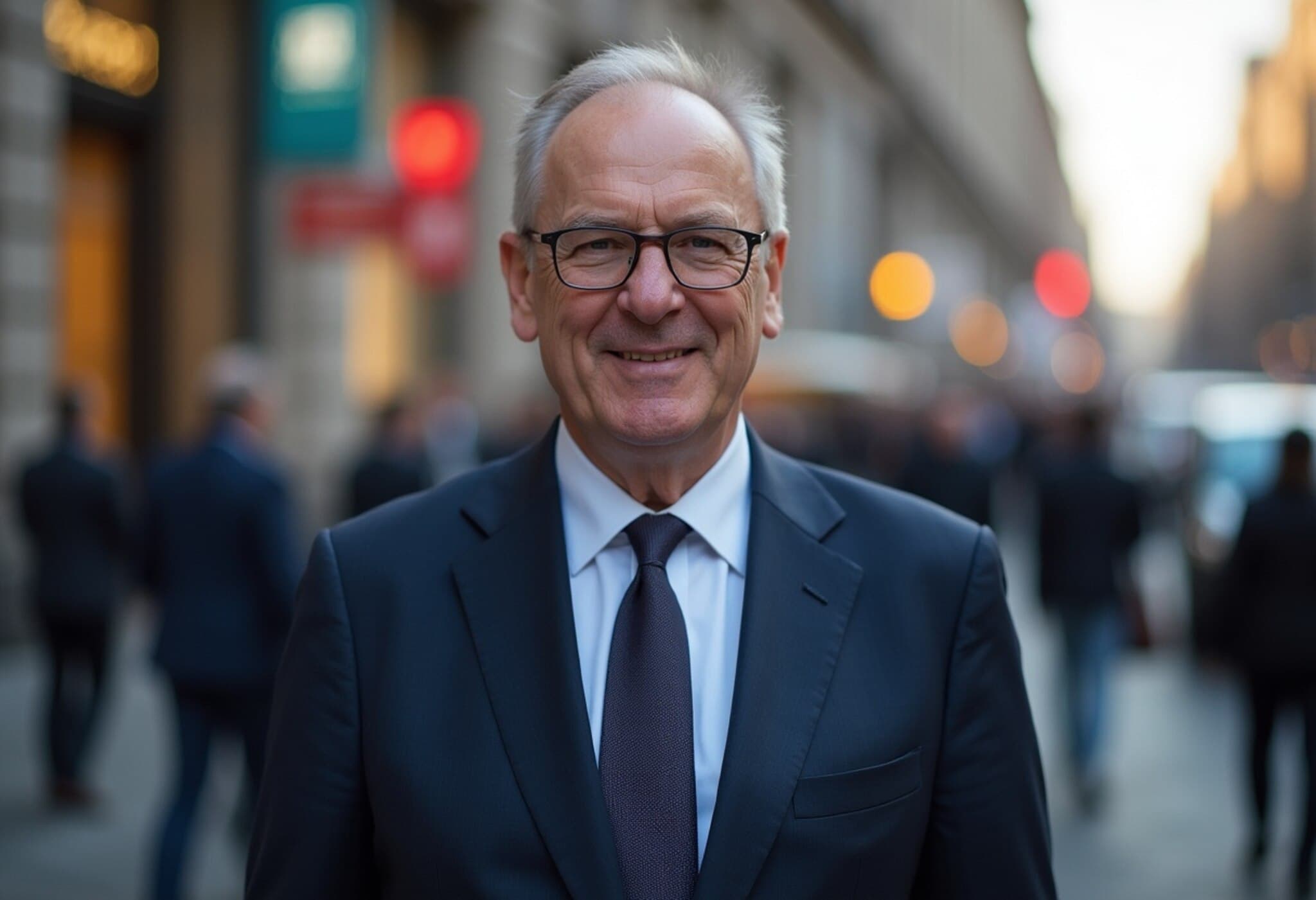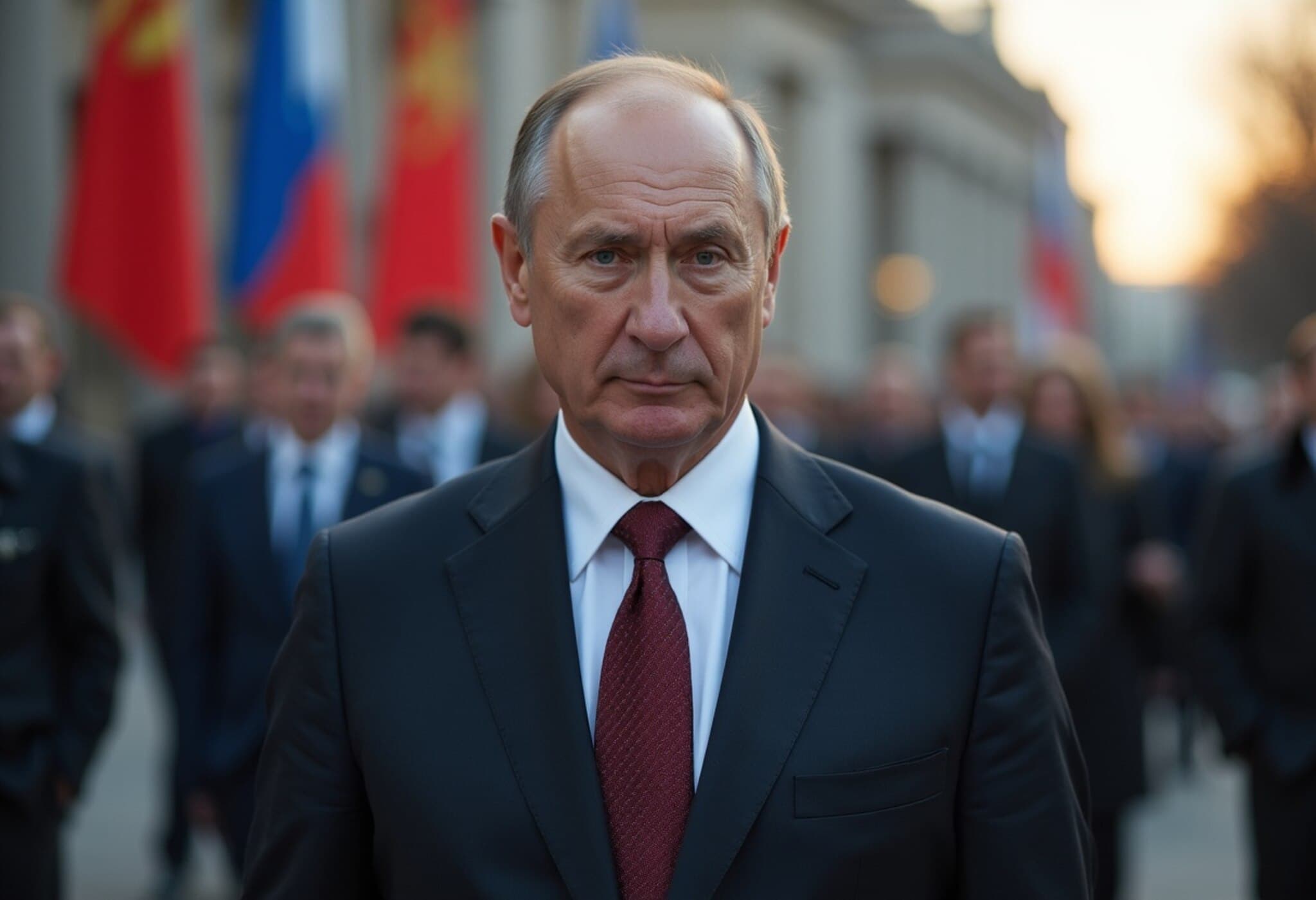Russian Foreign Minister Sergei Lavrov Begins High-Stakes Visit to North Korea
On July 11, 2025, Russian Foreign Minister Sergei Lavrov officially arrived in North Korea for a pivotal diplomatic visit, according to Russian news agencies. This visit, slated to last from July 11 through July 13, marks a significant step in Moscow's expanding engagement with Pyongyang amidst shifting geopolitical dynamics in East Asia.
Agenda Focus: Strengthening Bilateral Ties Amid Global Tensions
During his stay, Lavrov is scheduled to meet with his North Korean counterpart to discuss a range of issues likely centered on strengthening bilateral relations, economic cooperation, and security concerns. While official details remain limited, experts suggest these talks come at a time when Russia looks to deepen alliances amid Western sanctions and increasing East Asian complexities.
Contextual Insight: The Strategic Importance of Russo-North Korean Relations
This visit carries broader implications beyond typical diplomatic protocols. Russia's outreach to North Korea highlights a strategic pivot as both nations navigate their positions against Western diplomatic pressures, including sanctions and military posturing. For Pyongyang, engagement with Moscow offers potential economic relief and political backing, while Russia gains a valuable foothold in Northeast Asia.
Upcoming Engagement: Shanghai Cooperation Organisation Summit in China
Immediately following his talks in North Korea, Lavrov is set to travel to China to participate in the Shanghai Cooperation Organisation (SCO) summit on July 14 and 15. The SCO—a powerful Eurasian political, economic, and security alliance—provides a platform for Russia and China to coordinate policies on regional stability and counterbalance Western influence, further amplifying the significance of Lavrov’s East Asian diplomatic tour.
Expert Commentary: Navigating Complexity in a Multipolar World
Dr. Elena Petrov, a senior analyst in Eurasian affairs, notes, "Lavrov’s visit to North Korea underscores Russia’s strategic interest in fostering partnerships outside traditional Western-led frameworks. This approach is part of a broader pattern where Moscow seeks to cultivate alliances that enhance its geopolitical resilience and assert influence amid global tensions."
From the U.S. policy perspective, this development raises critical questions: How will Washington respond to deepening Russia-North Korea ties? Will this trip affect ongoing denuclearization talks or sanctions regimes? These under-discussed angles deserve closer scrutiny as the situation unfolds.
What This Means for the Region and Beyond
- Enhanced Russo-North Korean engagement may alter security calculations in Northeast Asia.
- Potential economic collaboration could provide Pyongyang with crucial resources amid sanctions.
- The visit reflects Russia’s broader strategy to strengthen its presence in East Asia alongside China.
- International stakeholders, including the U.S. and South Korea, must recalibrate diplomatic approaches accordingly.
Editor’s Note
Sergei Lavrov’s visit to North Korea is more than routine diplomacy; it signals a nuanced shift in a complex geopolitical landscape marked by increasing fragmentation and competition for influence. As Russia and China consolidate their regional alliances, the implications for global security and diplomacy are profound. Observers should watch closely how this visit impacts six-party talks, regional stability, and the evolving interplay between major powers in East Asia.

